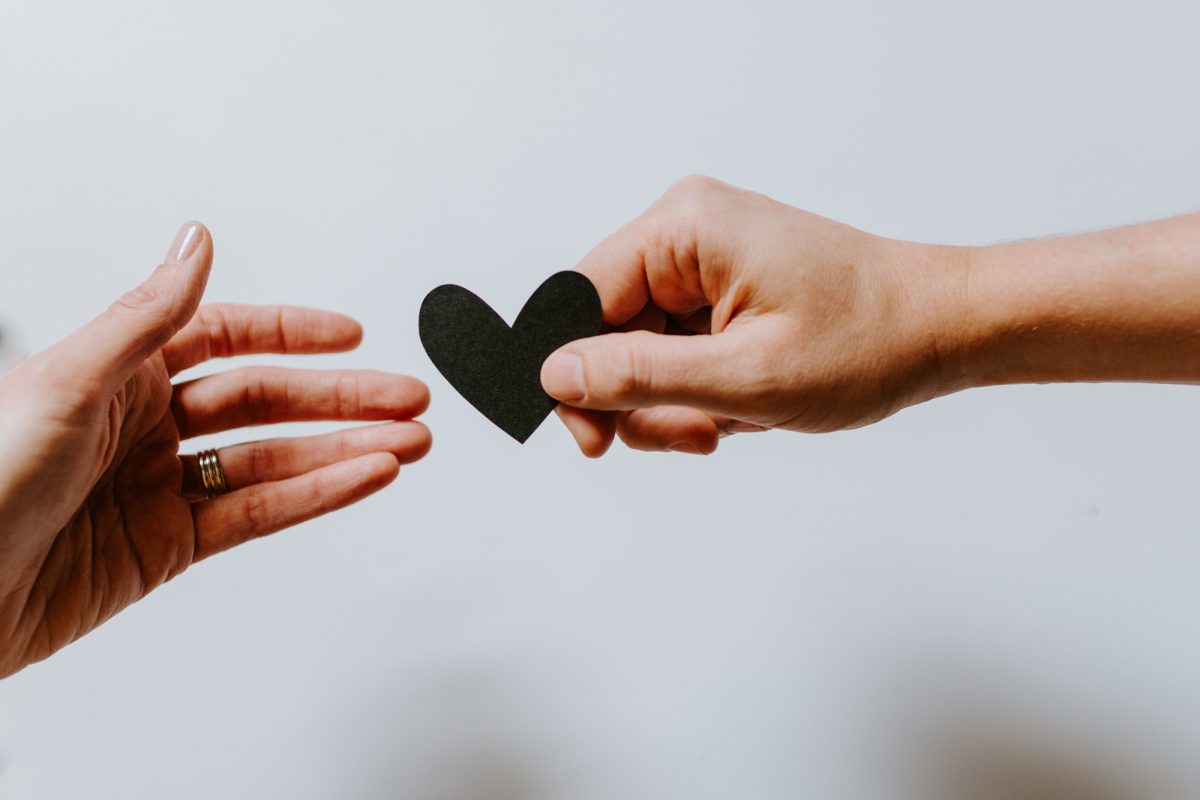
The Difference Between Courageous Vulnerability And Wound-Based Oversharing + The #1 Relationship Killer
Dr. Caroline Leaf – When it comes to our relationships, we often fall into the trap of behaving like we think we should, rather than getting to the root of why and how we really connect to other people. In this blog and podcast episode (#204), I speak with international speaker and human connection specialist Mark Groves about the nature of human connection, common relationship mistakes we all make, how to improve our relationships, the difference between vulnerability and oversharing, how to embrace our emotions and connections, what women need to know about men, what men need to know about women, and so much more!
One of the biggest things we need to realize is that love doesn’t just happen like some Disney movie. It is a skill set that everyone can learn. Indeed, relationships are hard work, and sometimes they end, and that is perfectly okay. We shouldn’t get trapped by society’s expectations or judgements about who or why we love or when we choose to walk away. Don’t stay in a relationship where you can’t be true to yourself. If you feel the need to perform all the time, then you will be unhappy.
Mark believes that we need to talk about the nature of love and human connection everywhere, even in the corporate world. Love is not just some “ooy goey” thing. If you get good at one type of human connection, aspects of your other relationships will start to improve. This is why we need to invest in the way we relate to each other, especially in the workplace, which will create safer and more productive workplaces, by helping build “families” at work.
To start improving the way we connect to others, especially in our romantic relationships, we need to focus on:
1. Communication issues.
As the saying goes, it takes two to tango! Communication is a dance; each action and reaction will cause a response.
2. Thinking that the other person is always the issue or always wrong.
What we tend to struggle with in any area of our lives will be magnified in our relationships, especially romantic ones. Don’t just assume it’s always the other person. What baggage are you perhaps bringing into the relationship? How can you deal with this and reconceptualize your own story?
As I discussed on Mark’s podcast, what is happening in the brain with relation to our memories, relationships, and past experiences will affect how we function in any relationship. Thankfully, we can use mind-directed techniques to help relieve the intrusive thoughts that are affecting our relationships. For more on how to do this, listen to the interview!
You can also check out my app SWITCH, which may be helpful during this process. It is a great tool for helping you learn how to manage your mind, deal with the roots of your mental chaos, and overcome negative thought patterns and behaviors that impact your mental health and relationships by using the mental process of reconceptualization.
3. A low tolerance for uncertainty.
Make room for change in a relationship, and learn to trust that change. Don’t just say things like “you usually attack me, but not this time… so, what’s the catch?” or “why are you not shouting? I am suspicious….”. Have tolerance for not knowing how conversation will go all the time.
4. Being reactive when someone doesn’t agree with you.
Remember, you can hold two different truths in your mind at the same time, even when you agree to disagree. This will not kill you, and it is possible to listen and hear what other people are saying even if they hold different viewpoints. Don’t give in to the current antagonistic climate, especially in your close relationships. Learn how to sit and be curious about someone else’s experience of the world without being threatened; observe and control your reactions instead of just letting loose all the time. You don’t have to make someone think like you if you are in a relationship. It is possible to co-exist with different perspectives.
5. Talking about the hard stuff.
One of the most important things you can do in a relationship is to talk about the hard things in the relationship to the people who are in the relationship, not just friends or family. Make space for adult tantrums and difficult emotions; do not suppress or avoid these feelings, or they can destroy your relationship.
If you partner is battling to express how they feel, be patient. Speaking about how you feel takes a lot of courage, and the person may get it wrong, so be understanding. It is also important to recognize that if someone doesn’t know how to hold space for their feelings, they won’t be able to have space for other people’s feelings, which often happens with men. Society has conditioned them to fix, provide or solve, not express what they feel.
Not sure where to start? One relationship technique Mark loves is the imago dialogue:
- Only one person talks at a time.
- You request, “can you talk?”, then you agree to listen to that person without responding or adding in what you think or feel.
- You mirror back what they are saying, asking “did I get that right?”.
This way of communicating will teach you to listen and hear what your partner is trying to communicate, rather than just arguing your side.
When it comes to the way we connect and communicate with others, it is equally important that we know the difference between courageous vulnerability and wound-based oversharing. The first comes from place of self-worth (knowing that your story is validated by yourself, not others) and the second comes from a place of trying to justify or validate our own feelings and pain (which is based on feelings of insecurity).
Always remember, how you tell your story matters, not what happened. Can you look at the pain and find the wisdom? Can you see what this experience is asking of you? How will you integrate this pain into your life and give it purpose? How will you learn and grow? We are held hostage by our pain when we haven’t learned from it.
But what happens when your story changes? How do you deal with a major break up?
- Don’t say you shouldn’t feel the way you feel—this won’t make it go away.
- See the break up as a path to find and heal yourself.
- Stay sober & avoid new relationships. Stay away from anything that pulls you away from “you”. See the break up as an opportunity to learn about yourself and dive deep internally; take your anger and pain and channel it into a learning experience. Learn from the experience and ask yourself questions like, “Did I put my best self forward in the relationship?” or “Where did I maybe go wrong?”
This article has been modified. To read the original article click here.
For more articles from Dr. Leaf click here.






